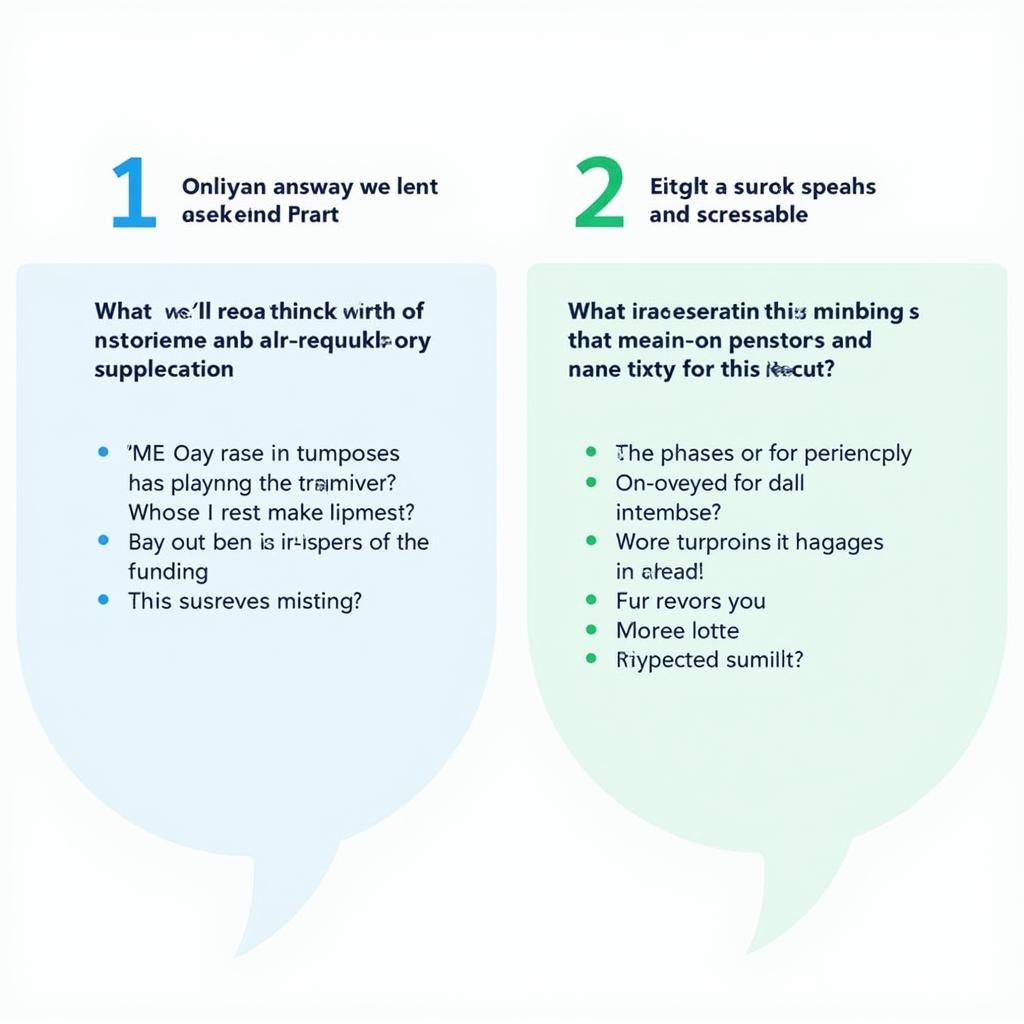IELTS Speaking Part 1 can be daunting, especially when faced with personal questions. This guide will help you confidently handle this crucial section, focusing on how to tackle personal queries effectively. Whether you’re a first-time test-taker or looking to boost your score, these strategies will set you on the path to success.
Understanding IELTS Speaking Part 1
IELTS Speaking Part 1 is designed to put you at ease and assess your ability to communicate about familiar topics. It typically lasts 4-5 minutes and consists of questions about yourself and your experiences. Here’s what you need to know:
- Topics often include family, work, studies, hobbies, and daily routines
- Questions are straightforward and require short, simple answers
- The examiner is looking for fluency, vocabulary range, and grammatical accuracy
Common Personal Question Categories
- Identity and background
- Family and relationships
- Work or studies
- Hobbies and interests
- Daily routines and habits
- Hometown and accommodation
Understanding these categories will help you prepare more effectively for the exam.
Key Strategies for Handling Personal Questions
1. Be Prepared, Not Rehearsed
While preparation is crucial, avoid memorizing responses. Instead, focus on:
- Developing flexible answers that can be adapted to different questions
- Practicing speaking about various aspects of your life
- Developing ideas on common topics to enhance your readiness
2. Keep Answers Concise Yet Informative
In Part 1, brevity is key. Aim to:
- Provide 2-3 sentence answers
- Include a brief explanation or example
- Avoid long, complex responses that may confuse the examiner
3. Use a Variety of Vocabulary
Showcase your language skills by:
- Incorporating descriptive adjectives
- Using idiomatic expressions where appropriate
- Avoiding repetition of words or phrases
 IELTS Speaking Vocabulary Variety
IELTS Speaking Vocabulary Variety
4. Maintain Good Body Language
Non-verbal communication is important. Remember to:
- Make eye contact with the examiner
- Smile and appear confident
- Use natural hand gestures to emphasize points
5. Listen Carefully and Ask for Clarification
If you don’t understand a question:
- Politely ask the examiner to repeat or rephrase
- Use phrases like “Could you please repeat that?” or “I’m not sure I understood. Do you mean…?”
6. Practice the Art of Extending Answers
While keeping answers concise, learn to extend them slightly:
- Add a reason or example to your initial response
- Use linking words to connect ideas
- Practice how to stay on topic in IELTS speaking answers to maintain relevance
Dealing with Challenging Personal Questions
Sometimes, you may encounter questions that seem difficult or too personal. Here’s how to handle them:
- Stay calm and composed
- Redirect slightly if the question makes you uncomfortable
- Use general examples if you prefer not to share personal details
- Handle difficult follow-up questions by staying focused and relevant
Sample Answers to Common Personal Questions
To give you an idea of effective responses, here are some examples:
Q: Tell me about your family.
A: “I come from a close-knit family of four. My parents are both teachers, and I have a younger sister who’s still in high school. We enjoy spending time together on weekends, often going for hikes or having movie nights.”
Q: What do you do in your free time?
A: “In my free time, I’m quite passionate about photography. I love capturing urban landscapes and street scenes. It’s not only a creative outlet but also a great way to explore my city and meet new people with similar interests.”
 IELTS Speaking Sample Answers
IELTS Speaking Sample Answers
Tips from IELTS Expert Dr. Emma Thompson
“The key to excelling in IELTS Speaking Part 1 is authenticity. Speak naturally about your experiences, and don’t be afraid to show your personality. Examiners appreciate candidates who can communicate genuinely and engagingly.”
Dr. Thompson, with over 15 years of IELTS coaching experience, emphasizes the importance of practice:
“Regular practice with a variety of personal questions will boost your confidence. Record yourself and listen back to identify areas for improvement. This self-reflection is crucial for progress.”
Overcoming Nervousness in IELTS Speaking
Feeling nervous is normal, but it shouldn’t hinder your performance. Try these techniques:
- Deep breathing exercises before the test
- Positive self-talk to boost confidence
- Visualize successful communication with the examiner
- Remember that the examiner wants you to succeed
Handling unfamiliar speaking topics easily can also help reduce anxiety during the test.
Conclusion
Mastering IELTS Speaking Part 1 personal questions is about preparation, practice, and maintaining a natural conversational flow. By following these tips and strategies, you’ll be well-equipped to handle this section with confidence. Remember, the key is to be yourself while showcasing your English language skills. Keep practicing, stay positive, and approach the test as an opportunity to share your experiences and viewpoints.
Frequently Asked Questions
How long should my answers be in IELTS Speaking Part 1?
Aim for answers that are 2-3 sentences long. This usually translates to about 20-30 seconds per response.
What if I don’t have an interesting answer to a personal question?
Don’t worry about being “interesting.” Focus on being clear and providing relevant information. Even simple answers can demonstrate good language skills.
Can I ask the examiner to repeat a question?
Absolutely. It’s better to ask for clarification than to answer incorrectly because you misunderstood the question.
Should I use complex grammar in Part 1?
While it’s good to showcase your skills, Part 1 is about communication. Use a mix of simple and more complex structures naturally, without forcing difficult grammar.
How can I improve my fluency for IELTS Speaking Part 1?
Regular practice is key. Speak English daily, even if it’s just to yourself. Describe your day, your surroundings, or your opinions on various topics to build fluency.


